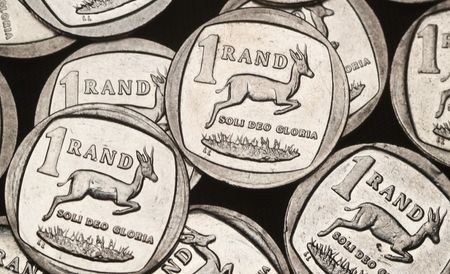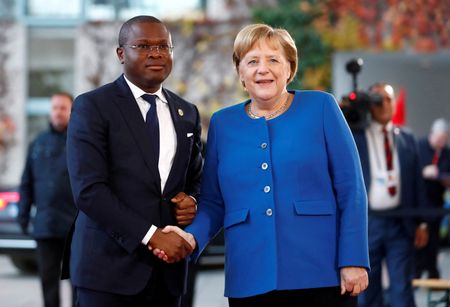By Erwin Seba
HOUSTON (Reuters) -Oil prices settled higher on Tuesday, driven by concerns over limited supply from Russia and Iran because of Western sanctions and expected higher Chinese demand.
Brent crude futures settled at $77.05 a barrel, up 75 cents, or 0.98%. U.S. West Texas Intermediate (WTI) crude finished at $74.25 a barrel, up 69 cents, 0.94%.
Traders were looking to the Chinese stimulus plans to drive growth as supplies are tight following the Christmas and New Year’s holidays, said Forex market analyst Razan Hilal.
“While the market is currently range-bound, it is recording gains on the back of improved demand expectations fueled by holiday traffic and China’s economic pledges,” Hilal said in a morning note. “However, the primary trend remains bearish.”
Some market participants have apparently started to price in small supply disruption risks on Iranian crude exports to China, said UBS analyst Giovanni Staunovo.
Concern over sanctions tightening supply has translated into increased demand for Middle Eastern oil, reflected in a rise in Saudi Arabia’s February oil prices to Asia, the first such increase in three months.
On Monday in China, Shandong Port Group issued a notice banning U.S.-sanctioned oil vessels from its network of ports, three traders said, potentially restricting blacklisted vessels from major energy terminals on China’s east coast.
Shandong Port Group oversees large ports on China’s east coast, including Qingdao, Rizhao and Yantai, which are major terminals for importing sanctioned oil.
Meanwhile, cold weather in the U.S. and Europe boosted heating oil demand, though oil price gains were capped by global economic data.
Euro zone inflation accelerated in December, an expected blip that is unlikely to derail further interest rate cuts from the European Central Bank.
“Higher inflation in Germany raised suggestions the ECB may not be able to cut rates as fast as hoped across the euro zone,” said Panmure Liberum analyst Ashley Kelty.
Technical indicators for oil futures are now in overbought territory and sellers are keen to step in again to take advantage of the strength, tempering additional price advances, said Harry Tchilinguirian, head of research at Onyx Capital Group.
Market participants await more economic data, including the U.S. December non-farm payrolls report on Friday.
“We have a very tight physical market and see demand exceeding supply,” said Phil Flynn, senior analyst with the Price Futures Group. “That should lead to more drop downs of inventories around the globe.”
(Reporting by Erwin Seba in Houston, Colleen Howe in Beijing, Siyi Liu in Singapore and Arunima Kumar in Bengaluru;Editing by Sharon Singleton, David Goodman. Emelia Sithole-Matarise and David Gregorio)











